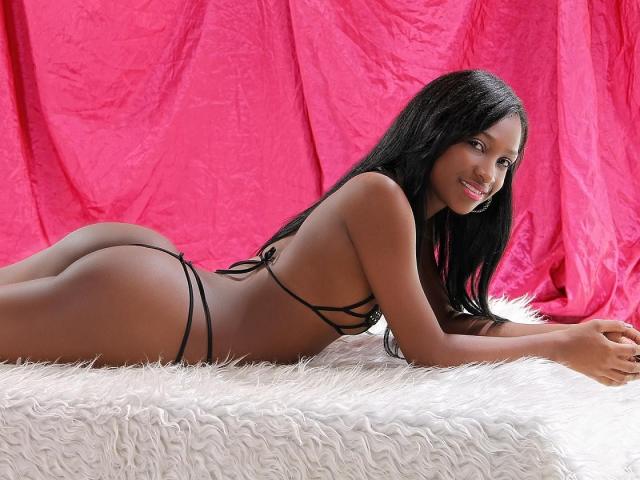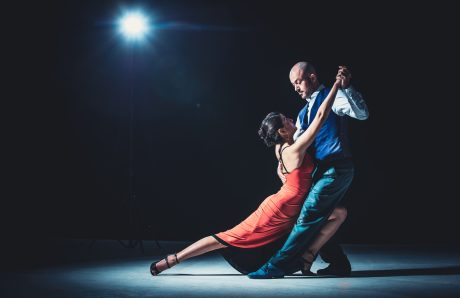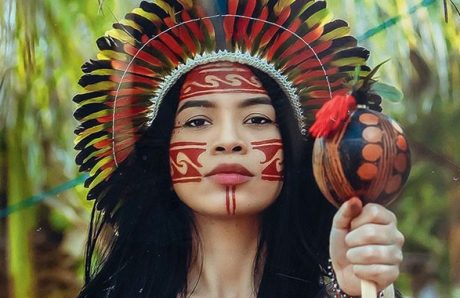
Mapouka. The name may not ringa bell, but you’ve probably already seen one or more videos featuring black women frantically shakingt heir buttocks to excite whoever’s watching. Probably the ancestor of the Twerk and Booty Shake, this sexy dance has its own history and is becoming increasingly popular around the world .

Immerse yourself in the spell binding world of Mapouka, an African dance combining tradition, rhythm and a captivating erotic dimension. Check out those big asses wiggling in front of you for your own pleasure. With it, you’re sure to see your libido soar and your penis stand proud. In this article, we’ll explore the origins of Mapouka, its evolution in African society and its impact on our society today, highlighting those who practice it and the debates it provokes. Get ready to discover an art form that’s both sensual and culturally rich!
The origins and tradition of Mapouka
Mapouka has its roots in West Africa, more specifically in Côte d’Ivoire. The dance draws its inspiration from cultural celebrations and rituals, in which rhythmic hip movements take center stage.
Mapouka, also known as macouka or mapaka, is a traditional dance of the Avikam people from the area around Dabou. The term is sometimes used to designate Youssoumba, the traditional dance music that accompanies it and which also originates from the lagoon peoples in the south of Côte d’Ivoire. (Wikipedia)
Originally, this dance was an expression of joy and festivity, with movements that symbolized femininity and fertility. Dancers performed graceful movements, accentuating the power of their hips to communicate emotions and stories.
@keanis.s76 #fypシ゚viral #fypシ #Global #africanpride #globaltiktok #facts #keydaddyvibe ♬ original sound – Mr. Keanis S.
Another, older version of this dance has a symbolic meaning among the Avikam. When a couple is estranged, the wife dresses up in her finest ornaments, stands in the middle of the court and starts dancing to reconcile with her husband.
It’s worth noting that this “expressive” dance achieves its goal, as it’s impossible to remain unmoved by those buttocks and hips wiggling in front of you. Your first impulse? Grab them with both hands and squeeze with delight. Don’t we agree?
@yaomehjnuz9 #voiceeffects ♬ its original – pamper her
The evolution of Mapouka inAfrican society
Over time, Mapouka has aroused both admiration and controversy in African society. With the introduction of more sensual elements, the dance has acquired a more… pronounced sexual dimension. Some celebrate it as a bold form of artistic expression, while others criticize it for its suggestive content. Lively debates have emerged over its acceptance and place in modern African society.
Mapouka has often been associated with shifting cultural and moral values. Initially, it was seen as a celebration of femininity and fertility, but over time it has faced criticism for its erotic aspect. Some have argued in favor of Mapouka as a liberating artistic expression, highlighting the importance of celebrating sensuality and the diversity of bodies. Others, however, have expressed reservations about its explicit content, fearing that it reinforces stereotypes and perpetuates an objectified representation of sexuality. Black women have enough clichés, they don’t need one more.
What about you? Are you shocked or aroused by this erotic dance in which the hips sway rapidly from side to side?
Mapouka in today’s society
Mapouka has also conquered the international scene and become part of Western culture. Social networks have played a major role in its spread, allowing viral videos to spread rapidly and dance challenges to become popular. Famous personalities and artists have contributed to its visibility, propelling Mapouka to the forefront of the world stage.
Mapouka’s presence on social networks has enabled the dance to reach a much wider audience, transcending cultural and geographical boundaries. Hashtags dedicated to Mapouka have emerged, inviting people all over the world to take up the challenge and share their own interpretations of this sensual dance. Social networks have thus played an essential role in its spread and popularization, enabling people to get involved, participate and discover this unique art form.
Who does it and why?
Mapouka is practiced by a wide range of people. Professional dancers have specialized in this form of expression, highlighting the beauty and technique of the dance. Amateur dancers also make Mapouka their own, seeing it as a form of entertainment and sexual emancipation. For some young people, it’s a way of celebrating their culture and reconnecting with their African roots. On social networks, you’ll find thousands of videos with young, mostly black, women sharing their sexy versions of this dance.
The motivations behind the practice of Mapouka can be diverse. Some see it as a way of expressing themselves freely, celebrating sensuality and reclaiming their own bodies. For others, it represents a connection with African culture and a way of keeping alive a tradition handed down from generation to generation. It’s important to note that each dancer has his or her own history and motivations for practicing.
For VS Against
Mapouka arouses divergent opinions. Its supporters applaud its role in sexual liberation, its contribution to cultural diversity and its unique artistic expression. They see it as a celebration of sensuality and an opportunity to break taboos surrounding sexuality. This dance of African origin offers an opportunity to reflect on how societies perceive and accept sexuality and the human body.
However, some criticize it for its explicit content. Let’s face it, the modern versions made by the Teens and the curvaceous, sensual women are more provocative than the original… They point to the possibility of the objectification of bodies and the perpetuation of gender stereotypes. These critics also stress the importance of reflecting on the cultural and social contexts in which Mapouka is practiced, to avoid any cultural appropriation or exploitation.
Conclusion
Mapouka is much more than just a dance; it’s a reflection of the cultural and social evolution of our times. Between tradition and modernity, this form of artistic expression continues to fascinate and provoke debate. I invite you to explore this traditional dance further, to help you make up your own mind if you’re interested. Whether you’re seduced by its bewitching movements or question its erotic dimension, you’ll be sure to travel through the different facets of contemporary African dance… With a little eroticism..
“XLoveCam is not responsible for the content of the blog, which isclaimed tobe written by an external party.







